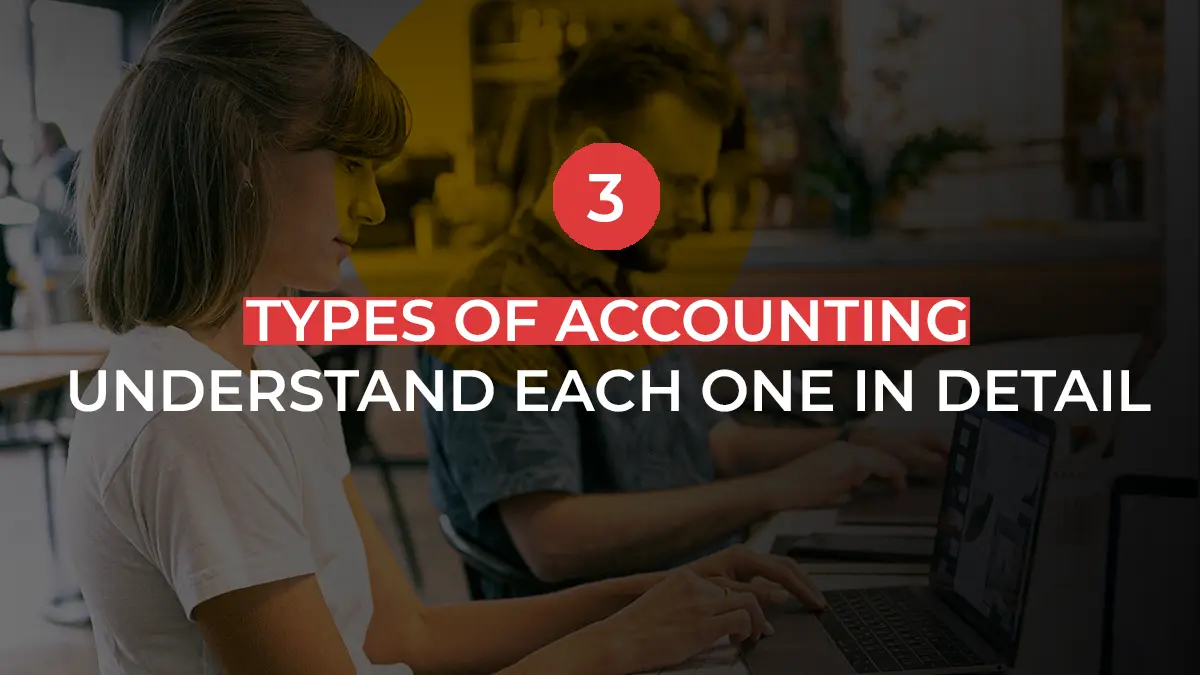
Your future depends on the decisions you take today. Wow. That is a lot of pressure, isn’t it? If you are currently on a journey to a career in accountancy and finance, you might reach a fork in the road. Should you take a left turn and do an MBA finance? Or move to the right to apply for a CIMA certificate?
That is a tough call to make if you do not have all the facts before you. Both courses have their advantages and disadvantages. Both have a list of pros and cons. The right decision depends on you. On what your strengths are. As well as where your interests and talents lie. Also, do you have enough time to spare? Are the fees affordable? There are so many other factors to consider.
To make things easier, we’ve done a comprehensive analysis of both courses. So by the end of this post, you have a bit more clarity and information to make the right choice.
Let’s get rolling, shall we?
The MBA Finance program
A master’s in business administration is a 2-year, post-graduate degree. An MBA in finance is a widely respected program that leads to several career opportunities in the banking and financial industry. If you graduate from a top-tier business school, your degree receives instant recognition amongst your peers. You can also expect high salary packages and placements in some of the worlds’ top financial banks and companies.
Pros of an MBA:
- The syllabus is intensive. You get an in-depth education in finance-related topics such as finance management, managerial accounting, business strategies, ethics and economic trends
- The MBA degree is revered throughout the financial industry
- You obtain important knowledge about finance as well as business
- You are qualified for a wide range of job profiles such as financial analyst, investment banker, accounting manager and Chief Financial Officer
- Starting salaries for freshers are around 10 lakhs a year. Although, candidates from top tier universities can stand to earn more
- Offers practical learning with real-world applications
Cons of an MBA:
- When you are applying for your MBA degree, the college matters. Only those who get into the top B-schools get offered the higher-paying jobs
- Getting your degree can be a costly affair as college fees can go as high as 20 lakhs a year in India
- Very tough to get into top-rated colleges and universities. You have to give competitive entrance exams such as CAT
- This might not be the best option for management accountant roles. Many companies still prefer MBAs to have a professional certification in accountancy
The CIMA certificate
The chartered institute of management accountants is a professional certification that creates accountants who are managerial leaders, business strategists and decision-makers.
Pros of the CIMA course:
- It is widely acknowledged as a top-notch accountancy qualification in over 180 countries
- There are 250,000 CIMA members in 180 countries.
- The course is flexible. You can choose to study on your own, learn online or take a class
- The syllabus is a blend of subjects in the MBA and CA courses. So you get a clear understanding of concepts from both streams
- Paper exemptions are possible if you have relevant academic qualifications
- The course is cost-effective as it is priced at around 2 to 4 lakhs
- This is a perfect program for those students who want to pursue a career in management accountancy or administrative finance
- The starting salary is approximately around 9 lakhs a year.
Cons of the CIMA course:
- Unlike the MBA degree, this course is limited in scope as it is meant strictly for management accountants
- There are 16 papers to clear if you don’t qualify for exemptions
- Can take 3-4 years to complete which is more than the MBA course duration
CIMA v/s MBA
Here below is a comparison chart to highlight features of both courses.
| Course | MBA | CIMA |
| Eligibility | You must be a graduate with a Bachelor’s degree You need a minimum of 50 per cent in your graduation to sit for some of the major entrance exams like CAT or IRMAAfter you clear the entrance exams, there will be several more steps to complete, like a written test, group discussion and interview rounds before you are granted admission | Students who have completed their 12th year can apply for the CIMA course but they have to sit for all 16 papersGraduates and students from other professional courses can also register. |
| Head organisation | The MBA is offered by post-graduate colleges and business schools | Run by the Chartered Institute of Management Accountants in the United Kingdom |
| Duration | It is a full-time postgraduate degree that requires 2 years |
The CIMA course can be finished within 2 to 4 years. It will depend on the number of exams taken in one sitting |
| Location | If you apply to a traditional college, you will have to attend classes on campus for the entire duration Online MBA is an option as well | You can opt for physical coaching classes, online sessions or study on your own |
| Coaching requirements | Some students take coaching to score high on the entrance exams | Many students register for coaching classes to prepare for the CIMA course |
| Fees | Fees vary depending on the college and ranking, but the fees start at around 4 lakhs a year. Major B-schools such as the IIMS charge around 20-25 lakh rupees a year | The fees depend on how many levels you need to complete. It is a lakh per level, so the course can cost you somewhere between 2 to 4 lakh rupees |
| Subjects | There are 11 core and 35 optional subjects spread across 4 semesters | There are 4 levels with 16 subjects. However, graduates will only have to study for 3 levels and 12 exams as they will receive exemptions |
| Focal point | The MBA program offers several subjects that centre around finance. The students can decide to pursue many different fields within the industry | The primary aim of the CIMA course is to teach management accounting |
| Career opportunities | MBA holders can become: Finance managerRisk manager Credit analyst Accounting manager Investment banker | CIMA certified professionals can become:Management accountant Business analyst Project manager Management consultant |
In conclusion
As a student, it can be quite unnerving to make a decision that can have a significant impact on your future. You need to really think about your choices, analyse the information before you and then act in your best interest. If you find yourself torn between getting an MBA in finance or applying for the CIMA course, hopefully, this post has helped set your mind at ease. Tough decisions are made simpler when you have all the facts and figures before you. If you are keen on working in management accountancy, the CIMA course is perfect for you. If you are undecided but fixated on the financial industry, you might consider an MBA. Provided you have the time and funds. There are many opportunities to explore with both courses. So choose wisely and good luck!
Your future begins today. Click here to apply for the CIMA course







Leave A Comment